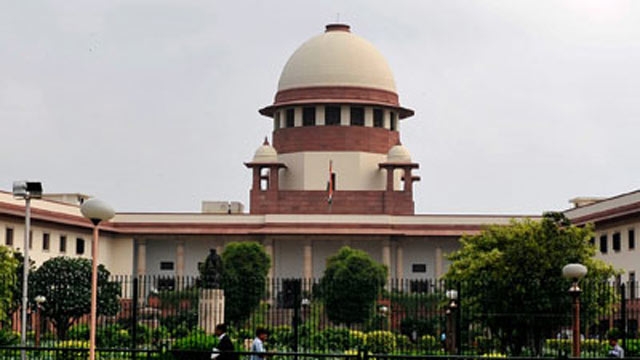
In a historical judgement, the Supreme Court of India on last day ascertained the relevance of the defamation law in our country. It seems that it is the high time for us to draw a proper line between criminal defamation and the freedom of speech. Upholding the relevance of criminal defamation law, the court clarified that it is not willing to crucify defamation laws for the freedom of speech. History reads that the Defamation laws came into existence on early 1860s. Since then, it has gone through numerous ups and downs. But, it has successfully sustained all drawbacks and proudly marched into twenty-first century. In the two hundred and sixty eight page judgement, the court has intentionally included all the relevant offshore and regional verdicts to justify their judgement. Moreover, the court declined to accept the defence arguments claiming the criminal defamation law affects the people’s right to speech. Meanwhile, it observed that the defamation law related to the ‘right to life and personal liberty’ carries equal significance in constitution as that of the freedom of speech. According to the Indian law, the Indian Penal Code sections 499 and 500 deal with the criminal defamation law. As per report, the historical judgment was delivered by a Supreme Court bench headed by Justice Dipak Misra. However, the new judgement has already paved way for aggressive debates and invited speculations about the future of the freedom of speech.
Vignesh
Photo Courtesy : Google/ images may be subject to copyright









